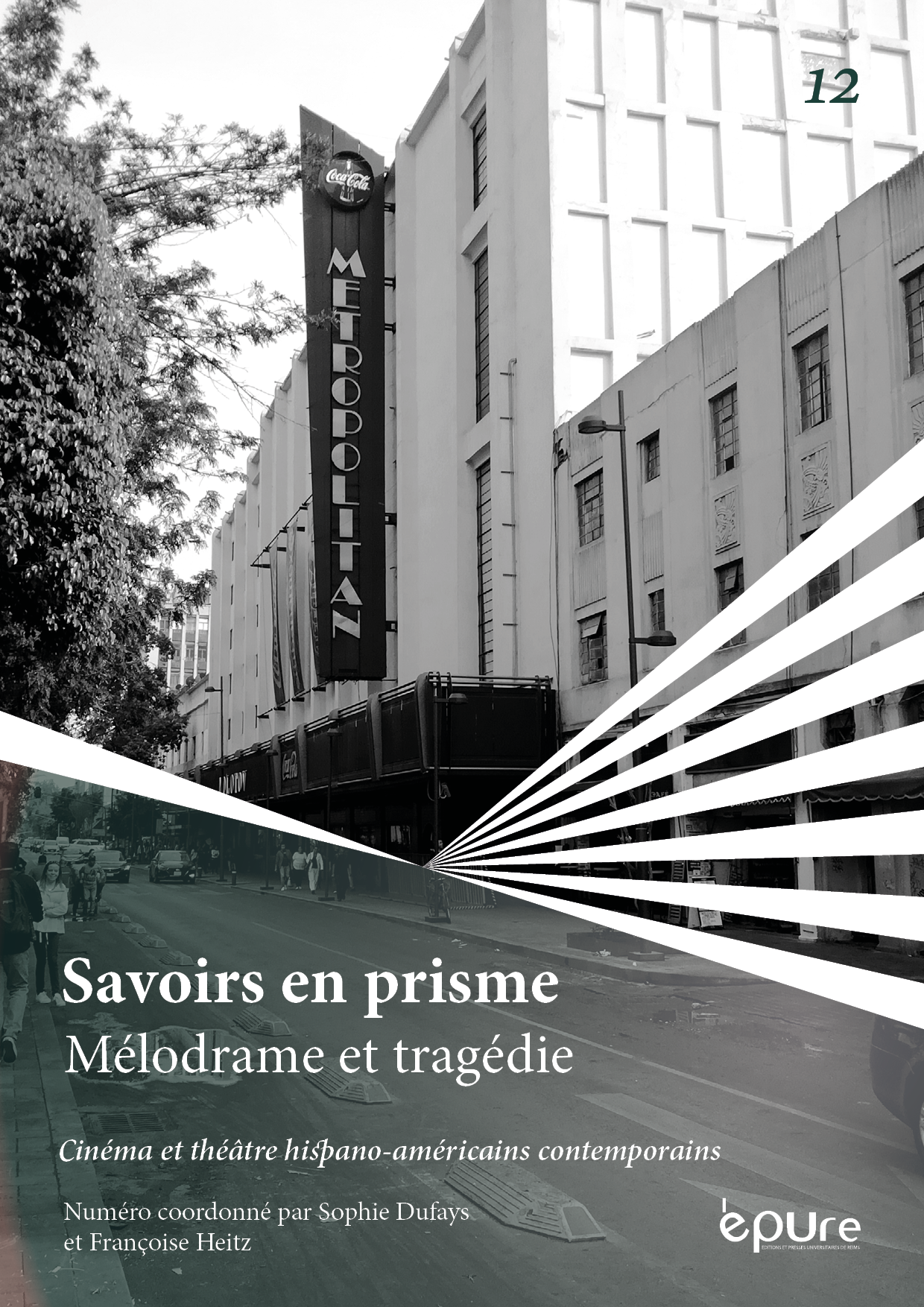Las “tragedias optimistas” de Rafael Spregelburd
Abstract
Ideas of art history, such as those of the tragic and the comic, and genres such as tragedy or melodrama, were created to oppose each other, and Hegelian dialectics is the basic structure of these oppositions. Adorno (2005, Badiou 2010: 41) confronts a dialectic of infinite difference, which discards any end or synthesis, which is terrifying. Rafael Spregelburd, playwright and Argentine director, presents optimistic tragedies, which have an end, but he postpones it – and sometimes he continues it beyond itself – which is characteristic of melodrama. Using three of his works as examples, the hypothesis of this article is that Spregelburd adopts both the Hegelian dialectic and the Adornian negative: there is a final and there is waiting, because what matters and interests is what happens before the end, as in any story or in life.
Copyright (c) 2020 Savoirs en prisme

This work is licensed under a Creative Commons Attribution-NonCommercial-ShareAlike 4.0 International License.


